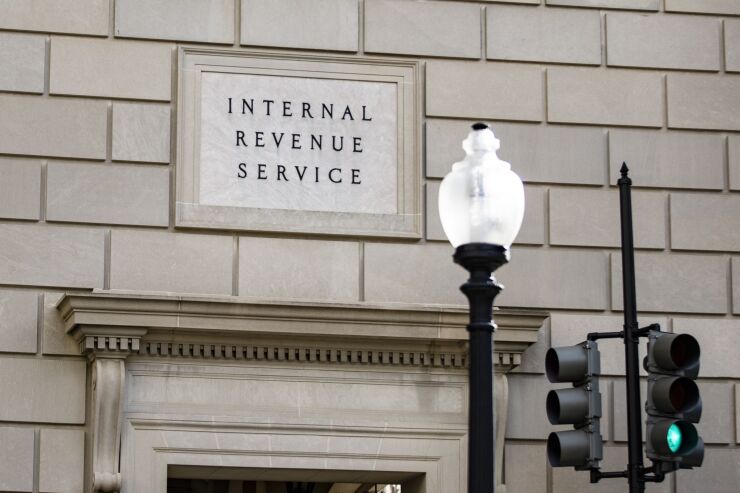The Internal Revenue Service issued guidance Wednesday on how taxpayers should report the special tax payments, refunds and rebates they received from states in recent years as a form of relief during the pandemic.
The latest information follows up on previous
The IRS pointed out that most taxpayers who receive these special state tax refunds don't need to include the state tax refund in income for federal tax purposes, and as a general rule, taxpayers who opt for the standard deduction on their tax returns don't owe federal income tax on their state tax refunds. The overwhelming majority of taxpayers claim the standard deduction, as opposed to itemizing deductions.

Taxpayers who itemize their deductions on their federal income tax returns and receive a state tax refund need to include the refund in their income only if they deducted the state tax they've paid. Because of the $10,000 limit on itemized deductions for state income and property taxes, some itemizers can't deduct all the state taxes they've paid and don't need to include the refund in their income.
That leaves the matter of so-called "spillover payments" that some states made in the early part of this year. The IRS noted that some of the 2022 state programs included in its previous guidance in February provided for certain payments to be made in early 2023.
"To the extent that the news release provided that taxpayers can exclude the state payment received in 2022 from federal income, this treatment also applies in 2023," said the IRS. "This means taxpayers who did not get a payment under the program during 2022 may exclude from federal income a state payment provided under the 2022 program but actually received in 2023."
A thornier issue involves state general welfare programs. The IRS pointed out that the payments made by states under social benefit programs for promoting the general welfare aren't included as income on the recipient's income tax return. But to qualify for the general welfare exclusion, the state payments need to be paid out of a governmental fund, be for the promotion of general welfare (based on the needs of the individual or family who receive those payments), and not represent compensation for services. However, figuring out whether those payments actually qualify for the general welfare exclusion can be complicated and depends on several factors.





